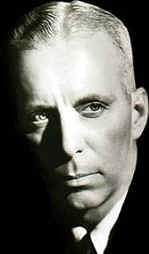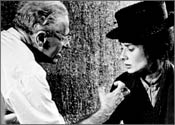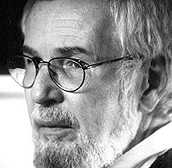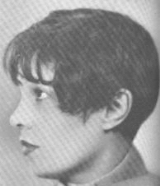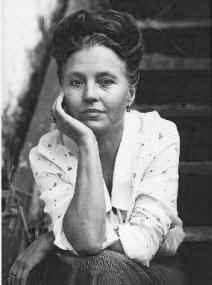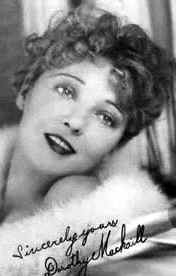| Angela Carter
(1940 - 1992). La scrittrice inglese, largamente tradotta in Italia, si
espresse così su Louise nella "London Review of Books", l'8 marzo 1990,
recensendo l'edizione inglese del libro di Barry Paris (l'articolo sarà
ristampato in Shaking a leg, Chatto & Windus, 1997, libro in
cui troveranno posto altri riferimenti all'attrice):
"(...) the straightforward look of hers is what make
these 60-year-old photographs so provocative, so disturbing, so unchanged
by time. Like Manet's Olympia, she is directly challenging the person who
is looking at her; she is piercing right through the camera with her
questing gaze to give your look back, with interest
|
 |
|
(...)
She was a vain, imperious bitch with a tongue like a knife, yet she was
loved far more than she deserved, or acknowledged, and even during her
bleakest periods of despair, she always seems to have been buoyed up by a
misterious, self-sustaining glee (...) It was a life centred around, given
meaning by, an extraordinary accident: that this young American
adventuress and budding glamour star, on the advice of her handsome but
sinister millionaire lover, accepted, without reading the script
beforehand, the role of the Life Force incarnate, Wedekind's earth spirit,
the Dionysically unrepressed Lulu, who must die because she is free (...)
[In Tagebuch einer Verlorenen] Brooks is, if anything, even more luminous,
more like a transparency through which joy and pain, pleasure and
heartbreak, are transmitted directly to the audience. The 'lost girl',
seduced and abandonned, finds herself in a brothel, makes the best of it.
At one point, Brooks is raffled off as a prize. Brooks, laughing, preening
her extraordinary neck like a swan, looks as if it is the most exciting
adventure in the world, that random chance will bring her a partner for
that night. Her particular quality is, she makes being polymorphously
perverse look like the only way to be (...) Brooks was presented with a
choice betweeen Art and Fame, as straightforwardly as it might have been
offered in a Renaissance allegory, and, without even being aware of it,
she plumped, as it were, for the eternity promised by poet. I do believe
that, in her heart, she knew just what it was she wanted. She wanted 'to
rise high in the ranks'. It was the reverse of a Faustian bargain. She
bartered her future for her soul."
La Carter aveva già dedicato
un saggio all'attrice in Nothing sacred, del 1985, che non ho
potuto consultare.
|








